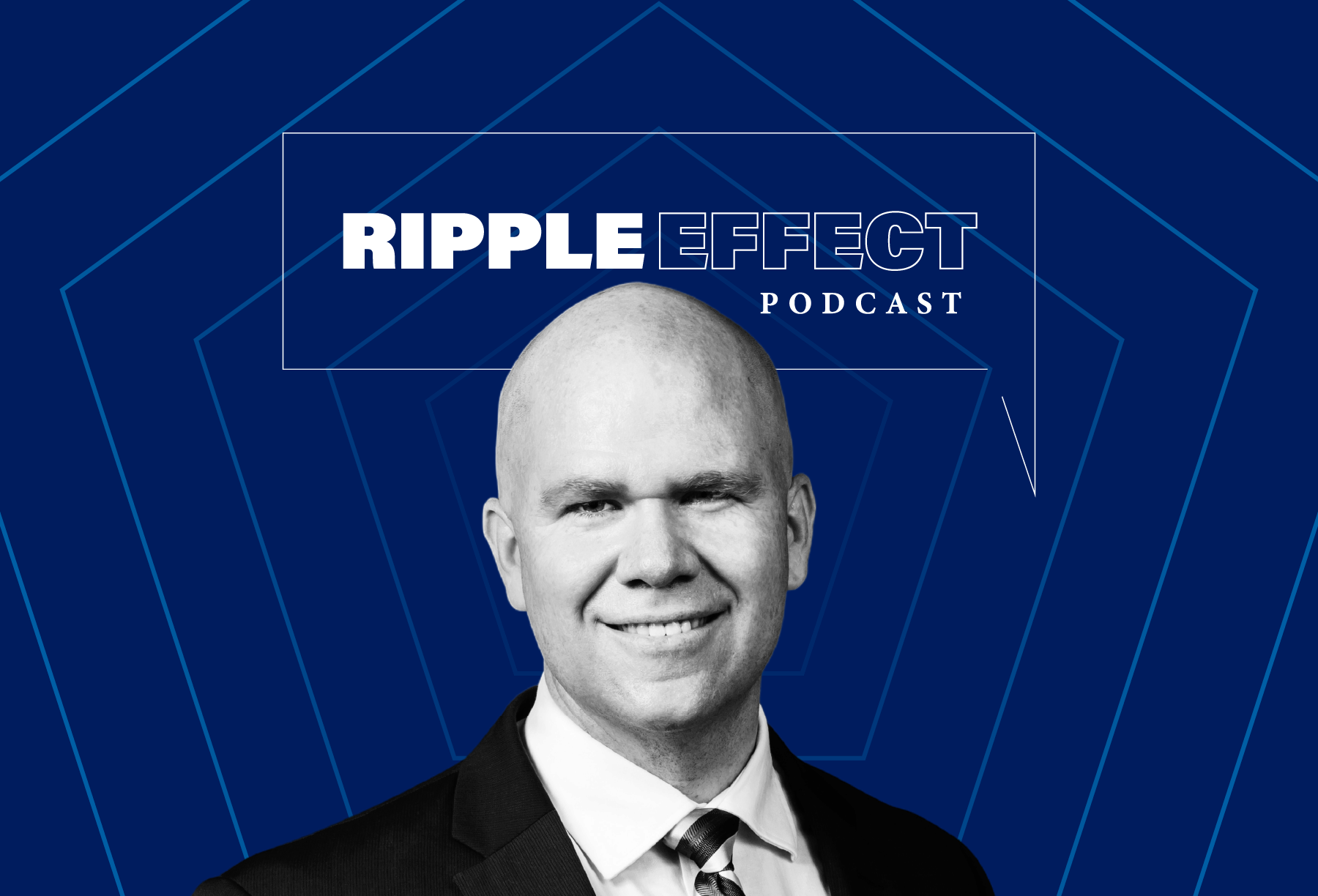In the face of economic uncertainty, individuals and families are grappling with the challenge of managing their finances effectively. To shed light on the best practices for navigating these turbulent times, we turn to insights from Mandi Woodruff, a renowned personal finance expert. Her guidance offers a roadmap to financial resilience, addressing both immediate concerns and long-term strategies.
Understanding the Current Economic Landscape
As we delve into 2025, the global economy is marked by a series of unpredictable changes. From fluctuating inflation rates to shifting employment trends, the financial environment requires individuals to be more vigilant and adaptive than ever before. Woodruff emphasizes the importance of staying informed about economic trends, as this knowledge empowers people to make proactive financial decisions.
Key Strategies for Financial Stability
1. Prioritize Emergency Savings
One of the fundamental steps in achieving financial stability is building an emergency savings fund. This fund acts as a financial cushion, providing a safety net during unforeseen circumstances such as job loss or unexpected medical expenses. Woodruff advises setting aside three to six months’ worth of living expenses, ensuring that individuals have the means to weather any economic storm.
2. Budgeting with a Purpose
Creating a budget is a cornerstone of financial management. Woodruff highlights the significance of budgeting with a clear purpose, aligning spending habits with both short-term needs and long-term goals. She suggests utilizing digital tools and apps to track expenses, making it easier to identify areas where money can be saved or reallocated.
3. Diversifying Income Streams
In an era of economic volatility, relying solely on a single source of income can be risky. Woodruff advocates for diversifying income streams, whether through side hustles, investments, or freelance opportunities. This approach not only boosts financial security but also opens doors to potential growth and development in different fields.
4. Minimizing Debt
Managing and minimizing debt is crucial for financial health. Woodruff recommends adopting strategies such as the debt snowball method, where individuals focus on paying off the smallest debts first, gradually building momentum to tackle larger ones. This approach not only reduces financial burdens but also boosts confidence and motivation.
5. Investing in Financial Education
Continuous learning is essential in adapting to the ever-changing financial landscape. Woodruff encourages individuals to invest in their financial education, whether through online courses, workshops, or financial advisors. Understanding investment options, retirement planning, and tax strategies can significantly enhance one’s ability to make informed financial decisions.
Adapting to New Financial Realities
As economic conditions evolve, so must our approach to personal finance. Woodruff emphasizes the need for flexibility and adaptability in financial planning. She advises regularly reviewing and adjusting budgets, savings plans, and investment portfolios to align with current economic realities. This proactive approach ensures that individuals remain resilient and prepared for whatever challenges may arise.
Building a Support Network
Financial resilience is not solely an individual endeavor. Woodruff underscores the importance of building a support network, including family, friends, and financial professionals. Sharing knowledge, experiences, and resources can provide invaluable support in navigating financial challenges. Additionally, seeking guidance from financial advisors can offer tailored advice and solutions to complex financial situations.
Conclusion
In conclusion, the path to financial resilience in 2025 requires a combination of informed decision-making, strategic planning, and adaptability. By prioritizing emergency savings, budgeting effectively, diversifying income, minimizing debt, and investing in financial education, individuals can navigate economic hardships with confidence. As we continue to face an uncertain economic landscape, these expert insights from Mandi Woodruff serve as a valuable guide for achieving financial stability and success.
Note: This article is inspired by content from https://www.npr.org/2025/05/19/nx-s1-5396739/when-new-expenses-hit-your-budget-these-financial-tips-can-help. It has been rephrased for originality. Images are credited to the original source.







